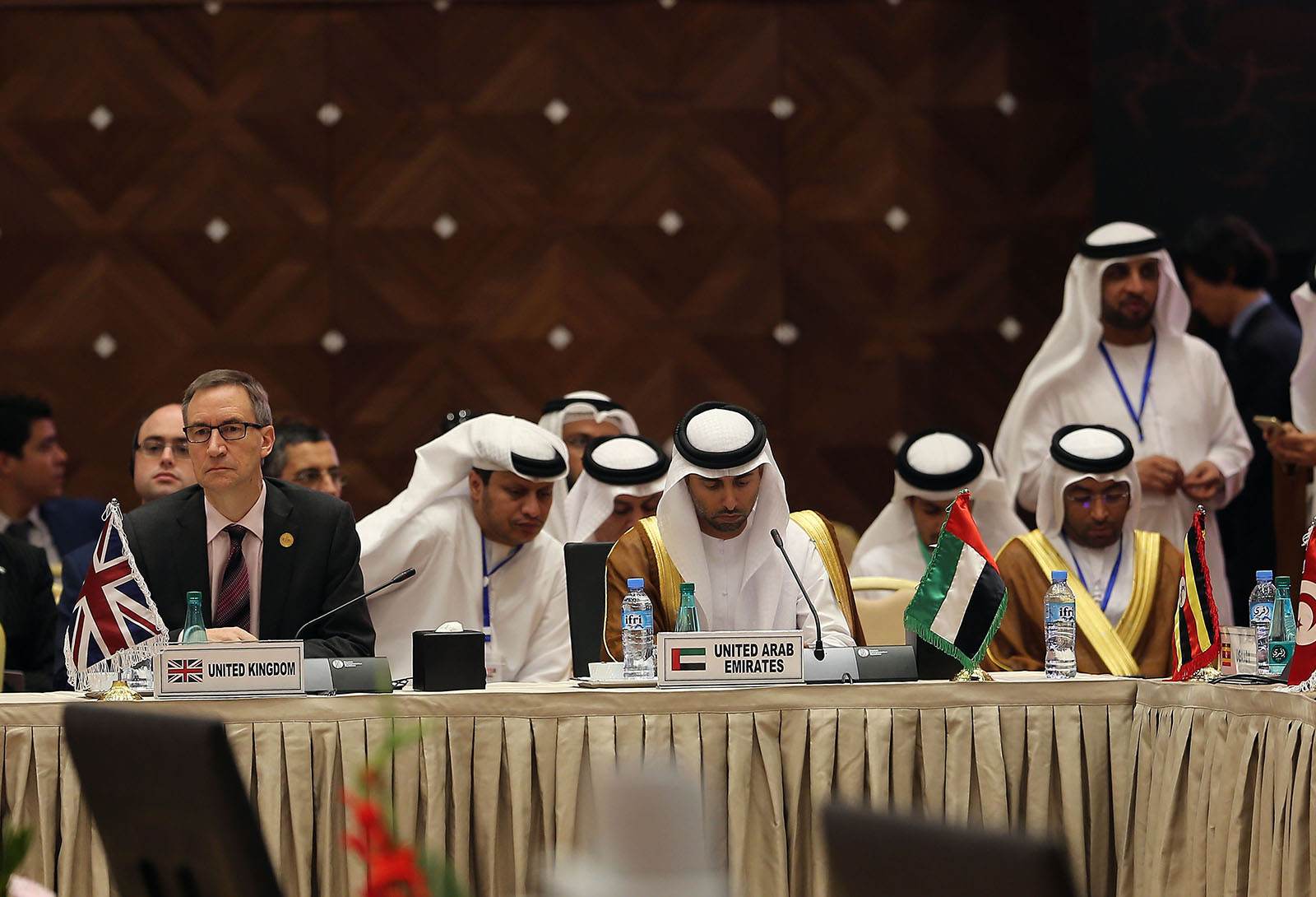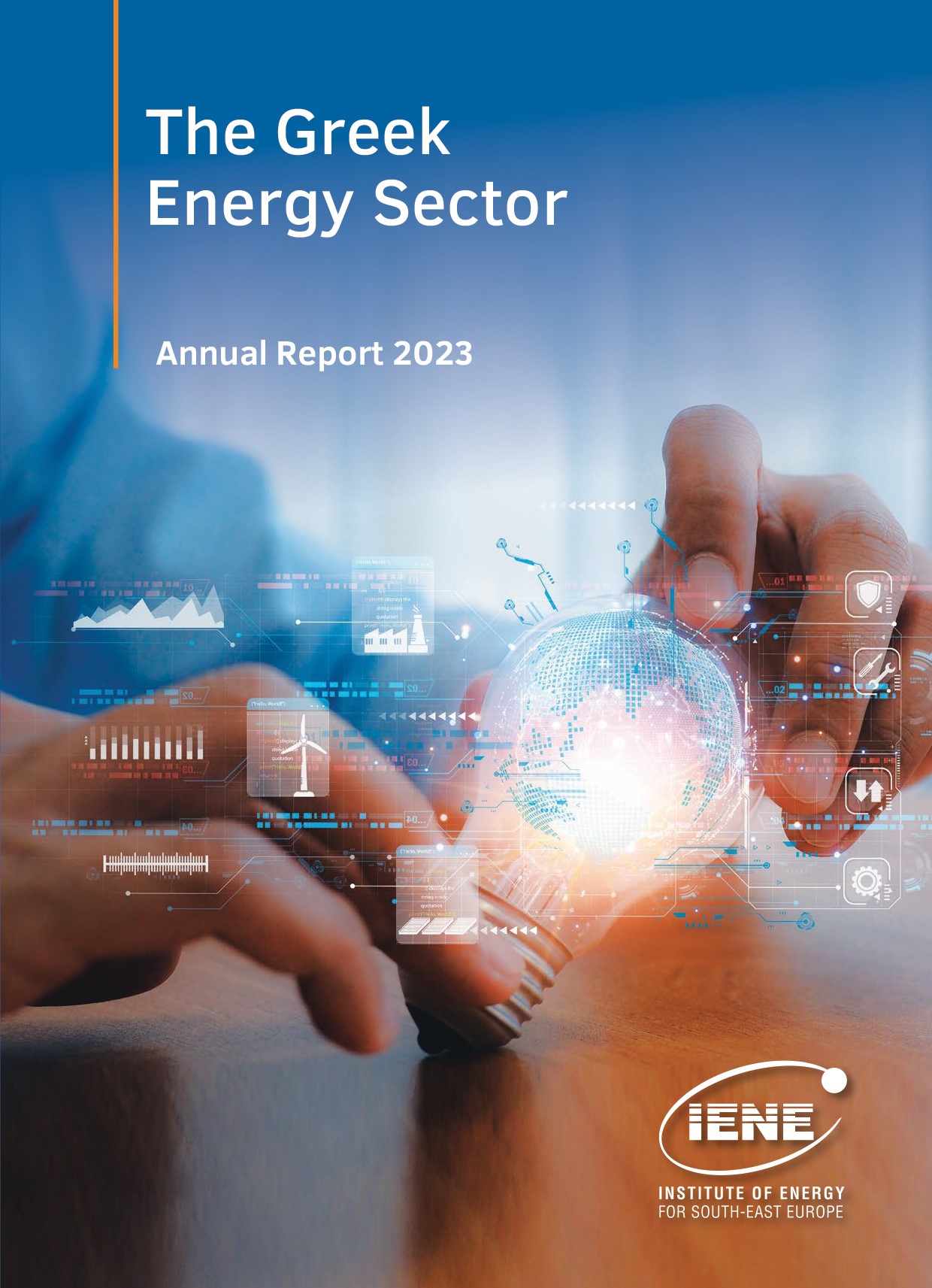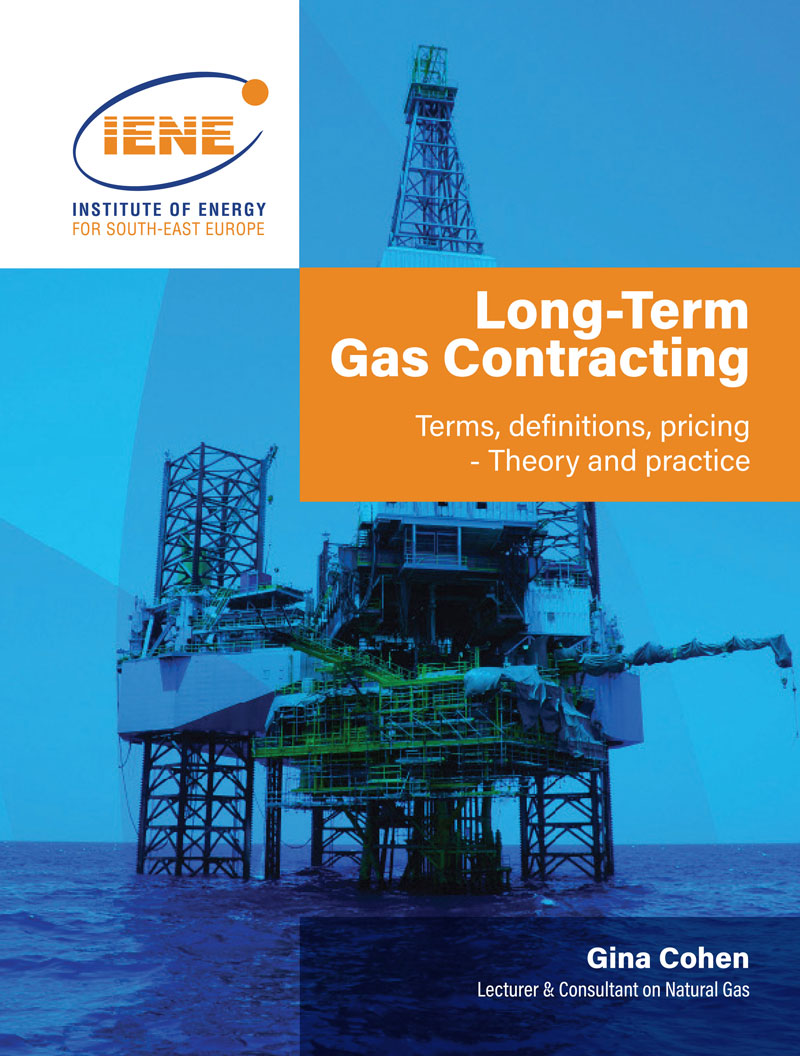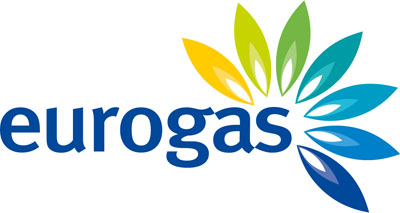Meeting in Algeria on the sidelines of an energy forum, the Organization of the Petroleum Exporting Countries (OPEC) said its members agreed there is a need to cut crude output in an effort to reduce oversupply and boost prices. However, reaching a deal remains uncertain. OPEC said it would finalise the deal during the cartel’s November meeting.
OPEC would reportedly reduce output to a range of 32.5-33 million barrels per day.
Oil prices settled up nearly 6% on September 28 in the US after news of the deal, then continued to rise early in Asian trade before those gains pared, according to CNBC. Benchmark US West Texas Intermediate (WTI) traded around $47.10 a barrel and European Brent crude moved around $48.60 a barrel.
Fadel Gheit, a senior energy analyst at Oppenheimer in New York, told New Europe the market is desperate for some optimism. "The traders are controlling the market; it’s not investors,” he said.
Gheit highlighted the weaker than expected global demand led by China. "In my view, it’s more a concern about the weak demand growth, based on weaker economic growth, than there is about the oversupply. At the end of the day, low oil prices will take care of the oversupply. But the scary thing is that the low oil prices did not really translate into stronger demand growth for oil,” the Oppenheimer energy expert explained.
Global tension is bad for economic growth. "Saudi Arabia and Iran have basically a proxy war that has been going on for a while. Russia has been more isolated than ever before. [Russian President Vladimir] Putin is a menace basically and there is no question that that is going to translate into economic sanctions and that would slow down the global economy. It cannot be good economic news, this global tension and the civil wars, and the confiscation of territories by Russia. It is not a good environment for economic cooperation and economic growth,” Gheit argued.
In the battle for market share, Saudi Arabia has been trying to force out shale producers, especially in the US, but the latter have adapted to lower oil prices.
"Shale is here to stay,” Gheit said. "Technology will continue to improve and anything that OPEC or Saudi Arabia do, trying to derail shale is only temporary, because the genie is out of the bottle,” he added.
"Shale production is expected to plateau and start going up again because the shale producers have been able to adapt and they are much more efficient than ever before and they have low cost structure than ever before and therefore they will continue to improve and the more they drill, the more they learn and the more they improve. That is why Saudi Arabia and its advisors totally missed the point. You cannot starve non-OPEC production forever because you’re hurting yourself as an OPEC,” Gheit said. "I will not rule out regime changes. Forget about Libya, I’m talking about the countries that are still standing: Saudi Arabia, Kuwait, United Arab Emirates, and Qatar. And the problem is Nigeria, is Venezuela. These are countries in dire need for high oil prices,” he added.
"Saudi Arabia can produce oil at 10 dollars; they cannot survive on 10-dollar oil, or 20 or 30 or 50. Now they are talking about 75 dollars as a fair price. The oil price was always higher than what they had. When oil prices were 100 they said the fair oil price was 120,” Gheit said.
"Saudi is in my view on the losing side. Both time and technology are not on their side, is not on OPEC’s side. I think OPEC is basically going to implode. OPEC cannot survive two or three more years of 50-dollar oil,” Gheit said.
"Now the flip side of the coin, if they let oil prices rise again by doing whatever they can: by smoking mirrors, by threats, by fear, by agreement, and oil prices go up again, it is going to create problems for OPEC longer term because people will know that OPEC cannot control prices even more and so prices will go out of control. And that will invite additional capital, non-OPEC and non-OPEC projects, that will give money to Iran to become more lethal and more menacing, and that will give more money to Russia,” Gheit said.
Turning to the US election and the clash between Donald Trump and Hillary Clinton and its effect on oil prices, Gheit told New Europe there’s a lot of uncertainty.
"It’s the uncertainty and apprehension. People don’t understand. Trump as a president is going to wreak havoc. The man is unstable, he is a megalomaniac, the guy need to see a psychiatrist and soon. The guy has a chip over his shoulder, he is all: ‘me, me, me,’” the New York-based Oppenheimer energy expert argued.
"For the next six or seven weeks, this is going to be a very unstable global economic situation and unfortunately global tension also is increasing. If there rest of the world was at peace and we only had the election in this country, this is something. It’s the fear of the unknown. People say: ‘My God, what happens if this crazy man wins’. Nobody knows. Nobody knows,” Gheit opined.
* Energy & Russian Affairs Editor, New Europe
(New Europe, September 29, 2016)
https://www.neweurope.eu/article/opec-finalise-oil-output-cut-november/

 by Kostis Geropoulos*
by Kostis Geropoulos*





 More
More









